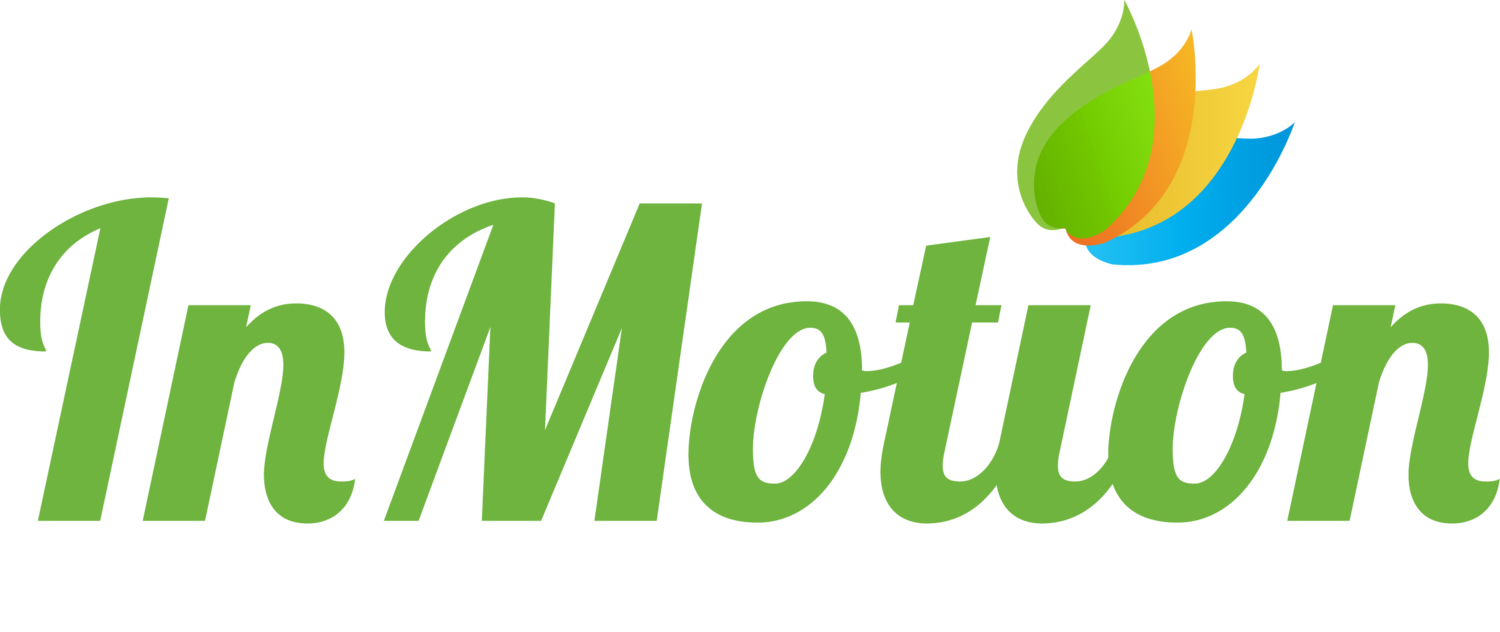Feedback is Critical to Improve Performance, so Why Doesn’t It Work? And What to Do about it.
Recently I sat down the with senior leadership team in the Information Technology Department at a large Academic Medical Center to talk about how their formal annual review process, other feedback, staff receive and why people are not good at giving or taking feedback. Including feedback that is designed to cultivate professional development beyond the tasks in a job description. They are asking themselves “What are the objectives of our review process and is it meeting those objectives?”
Like many organizations the IT Department is balancing retaining its seasoned staff, on-boarding new, younger, and less experienced staff, positioning all staff to be mission focused and responsive to a constantly evolving environment. They see at staff all levels, “. . . need a different set of skills than their predecessors to thrive. Collaboration, innovation, and strategic alignment with institutional goals are essential to their own success — and that of their institutions — particularly in a time of profound budgetary challenges (Kubit, 2014)[1]."
Today's Workplace Needs a Shift in What Feedback Is and How It's Given
A new model for leadership - not only for IT- is required now and in the future, one which includes technical skills but also emphasizes non-technical skills such as systems thinking, diplomacy, driving change, influencing others, communication and business acumen[2] in order to remain a vital and healthy organization. And that will require a shift in what type of feedback is given, how it is given and what it addresses.
Not All Skills Have a Built In Feedback Mechanism
Strategic business skills (problem solving, decision making, delegating, setting and managing expectations, etc.) unlike technical skills (like programming) do not have a built in feedback mechanism. Timely, constructive and regular feedback is an essential component of talent development and leadership development, because through an understanding individual challenges and strengths can an individual effectively get things done (Hill & Lineback, 2011)[3].
A Feedback Desert
And yet, people feel they are in a feedback desert. Without regular and constructive feedback from collaborators, managers, and partners, an individual’s view of the role they play remains static despite the months or years invested in an organization.
The next generation of leaders, especially those in the Millennial Generation, desires a constant stream of feedback as method to connect skills development to larger purpose (Meister & Willyerd, 2010)[4]. Millennials account for about half of the workforce, and organizations must have the systems, skills and culture to deliver the feedback this generation requires.
Three Key Pieces of Feedback
Leadership and management staff must provide ongoing feedback which goes beyond administrative functional feedback to a more comprehensive approach that focuses on three key pieces of feedback: 1) identifying a starting point for the development of new skills over time; 2) measure progress as a staff member cultivates skills over time; and 3) identifying blind spots of behavior and thinking and the resulting impacts of these.
Value of A Comprehensive Feedback Approach
A more comprehensive approach has a number of benefits in both the short and long term.
- Enhance individual staff members’ self-awareness of strategic business skills (team work, leadership competencies, etc.) and ability to self-manage
- Develop a routine practice of effective individual performance development
- Cultivate talent management and proactive succession planning
- Improvement in key areas that limit high value employees or cause conflict within a team
- Develop a stronger, more capable and collaborative staff
What is your organization’s approach to feedback? Does it address the objectives it is supposed to?
_________________________________________________________________________________
[1] Kubit, M. (2014) The New Leadership Challenge, EDUCAUSE Review, Accessed at http://er.educause.edu/articles/2014/12/the-new-leadership-challenge
[2] Jisc and EDUCAUSE (2015) Technology in Higher Education: Defining the Strategic Leader Research Report. Accessed at https://library.educause.edu/resources/2015/3/technology-in-higher-education-defining-the-strategic-leader
[3] Hill, L. A, & Lineback, K. (2011), Are you a Good Boss – or a Great One?, Harvard Business Review, pp 125-131. Accessed at https://hbr.org/2011/01/are-you-a-good-boss-or-a-great-one
[4] Meister, J.C. & Willyerd, K. (2010), Mentoring Millennials, Harvard Business Review, pp 68-72. Accessed at https://hbr.org/2010/05/mentoring-millennials
